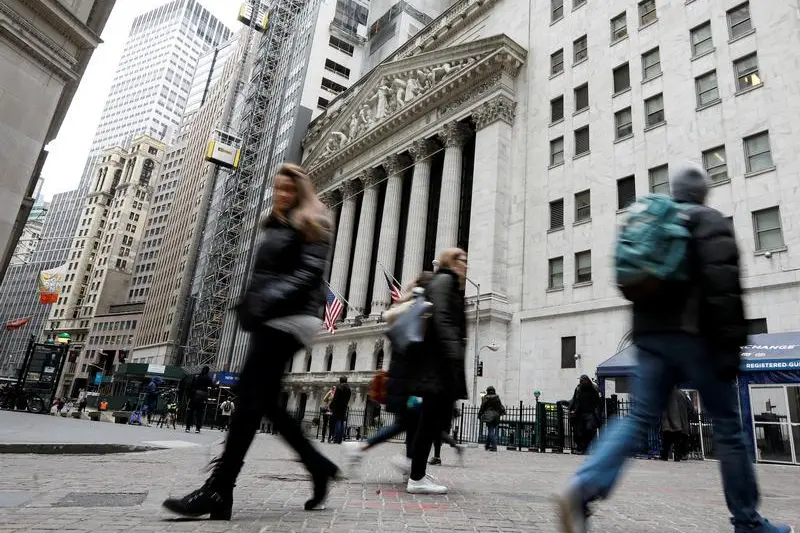PHOTO
NEW YORK, (Reuters Breakingviews) - How’s this for a Wall Street executive explaining why revenue in a key division fell 15 percent last quarter: “We were under-indexed to the larger fee events.” Thus spoke Marianne Lake, JPMorgan’s finance chief, last Friday, marshalling some ear-grating jargon to avoid saying the obvious: fewer clients wanted to hire the bank. It wasn’t the only one.
Bank of America fared worse, posting a 61 percent top-line decline in debt capital markets compared with the same period last year. Citi’s fell just 7 percent. In addition to Lake’s convoluted description, other reasons ranged from not being strong in particularly busy industries to corporate executives holding off from dealmaking as they digest the implications of last year’s U.S. tax cuts.
It’s rare to hear these powerhouses blaming delayed deals and the like for a downturn in revenue. That’s usually the preserve of boutique M&A firms like Greenhill, for whom a few weeks’ postponement of one transaction can be the difference between hitting or missing earnings estimates.
They do, at least, seem like legitimate excuses. The new U.S. tax law, passed in December, gives companies two reasons to delay borrowing for now. First, it imposed limits on how much tax relief they get on interest payments. Second, it allows corporate America to bring back overseas cash at a much reduced rate. That partly explains why global debt capital markets issuance fell 9 percent in the first quarter to $1.8 trillion, according to Thomson Reuters data.
Trouble is, not all banks are suffering. Goldman Sachs boosted its DCM take by a quarter from the first three months of last year to almost $800 million. That leaves it top of the heap for the second quarter running. Revenue at Morgan Stanley’s unit, meanwhile, was virtually flat.
That’s because the two have worked on some of the biggest merger-related debt deals in recent months. CVS, for example, last month borrowed $40 billion to finance its Aetna acquisition, with Goldman playing a more senior role than its larger rivals. The investment bank now gets almost half is DCM revenue from M&A, finance chief Marty Chavez told investors on Tuesday.
M&A can be a lumpy business, too, of course. So any future decline will give Goldman a ready-made excuse for falling debt sales. Let’s just hope Chavez is a straight-talker.
CONTEXT NEWS
- Goldman Sachs on April 17 said its debt capital markets division brought in $797 million in underwriting revenue in the first three months of the year, 25 percent higher than the same period in 2017. That put the investment bank at the top of the Wall Street heap for the second quarter in a row.
- Morgan Stanley on April 18 reported a 2.5 percent drop in DCM revenue, to $518 million, over the same period. Bank of America, JPMorgan and Citi experienced declines of 61 percent, 15 percent and 7 percent, respectively.
(Editing by Tom Buerkle and Amanda Gomez)
© Reuters News 2018





















